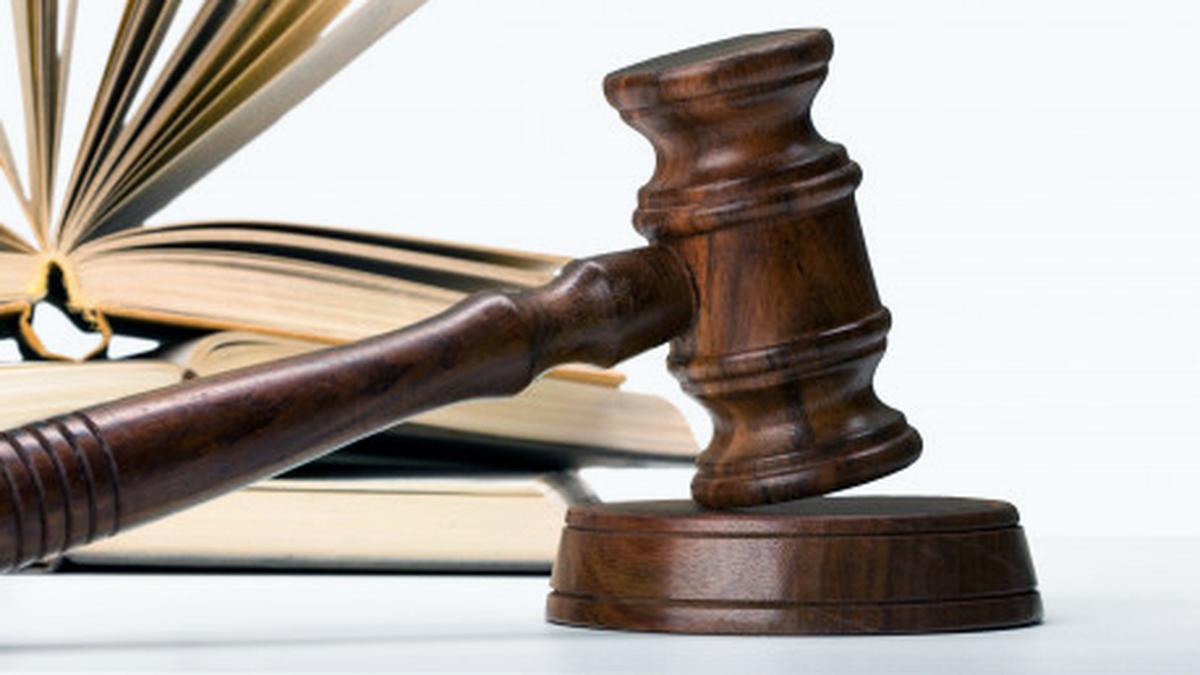
Kerala court acquits man accused of sexually abusing sister-in-law
The Hindu
Kerala court acquits man accused of sexually abusing sister-in-law
The Alappuzha Special POCSO (Protection of Children from Sexual Offences) Court in Kerala on May 31 acquitted a 27-year-old man accused of sexually abusing his sister-in-law.
Judge Ash K. Bal observed that the prosecution had failed to prove the charges against the accused. The court noted inconsistency in statements made by the survivor and the prosecution’s failure to prove her age while announcing the verdict.
The case, registered by the Alappuzha South police, was that the man from Neerkunnam in Punnapra North grama panchayat had abused his wife’s minor sister and taken her gold chain.
The accused proved his innocence with the support of the Legal Aid Defence Counsel System which provides free legal assistance to the poor and the marginalised in line with the guidelines issued by the Legal Services Authority.
P.P. Baiju, chief legal aid defence counsel, Alappuzha, represented the accused in the court.

“Writing, in general, is a very solitary process,” says Yauvanika Chopra, Associate Director at The New India Foundation (NIF), which, earlier this year, announced the 12th edition of its NIF Book Fellowships for research and scholarship about Indian history after Independence. While authors, in general, are built for it, it can still get very lonely, says Chopra, pointing out that the fellowship’s community support is as valuable as the monetary benefits it offers. “There is a solid community of NIF fellows, trustees, language experts, jury members, all of whom are incredibly competent,” she says. “They really help make authors feel supported from manuscript to publication, so you never feel like you’re struggling through isolation.”

Several principals of government and private schools in Delhi on Tuesday said the Directorate of Education (DoE) circular from a day earlier, directing schools to conduct classes in ‘hybrid’ mode, had caused confusion regarding day-to-day operations as they did not know how many students would return to school from Wednesday and how would teachers instruct in two modes — online and in person — at once. The DoE circular on Monday had also stated that the option to “exercise online mode of education, wherever available, shall vest with the students and their guardians”. Several schoolteachers also expressed confusion regarding the DoE order. A government schoolteacher said he was unsure of how to cope with the resumption of physical classes, given that the order directing government offices to ensure that 50% of the employees work from home is still in place. On Monday, the Commission for Air Quality Management in the National Capital Region and Adjoining Areas (CAQM) had, on the orders of the Supreme Court, directed schools in Delhi-NCR to shift classes to the hybrid mode, following which the DoE had issued the circular. The court had urged the Centre’s pollution watchdog to consider restarting physical classes due to many students missing out on the mid-day meals and lacking the necessary means to attend classes online. The CAQM had, on November 20, asked schools in Delhi-NCR to shift to the online mode of teaching.









